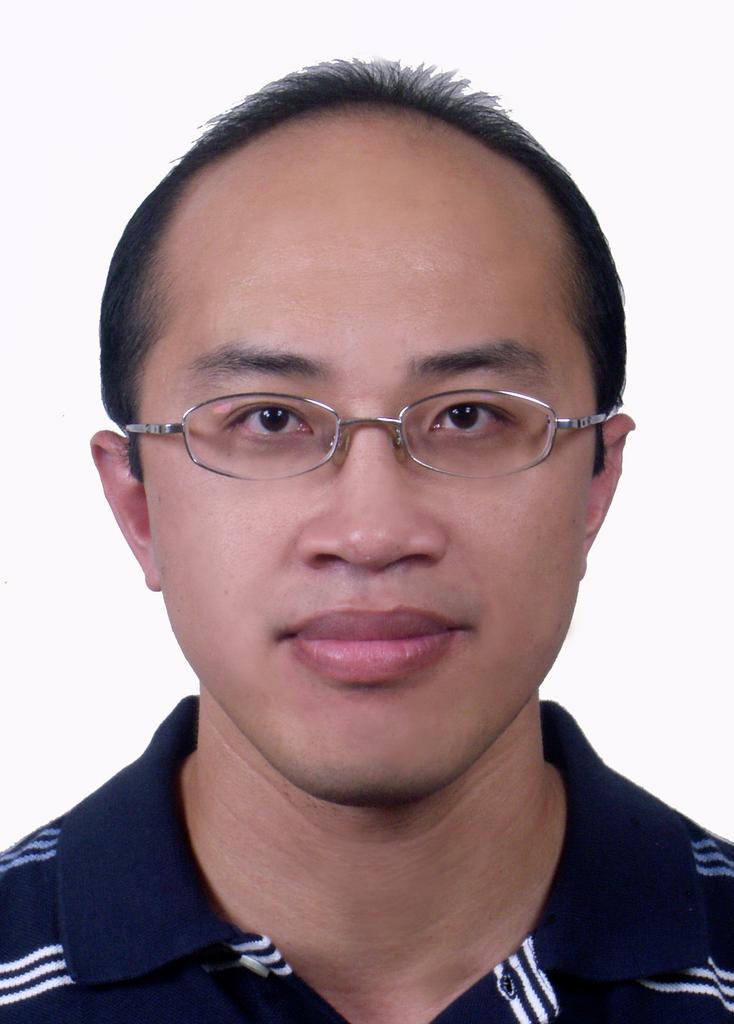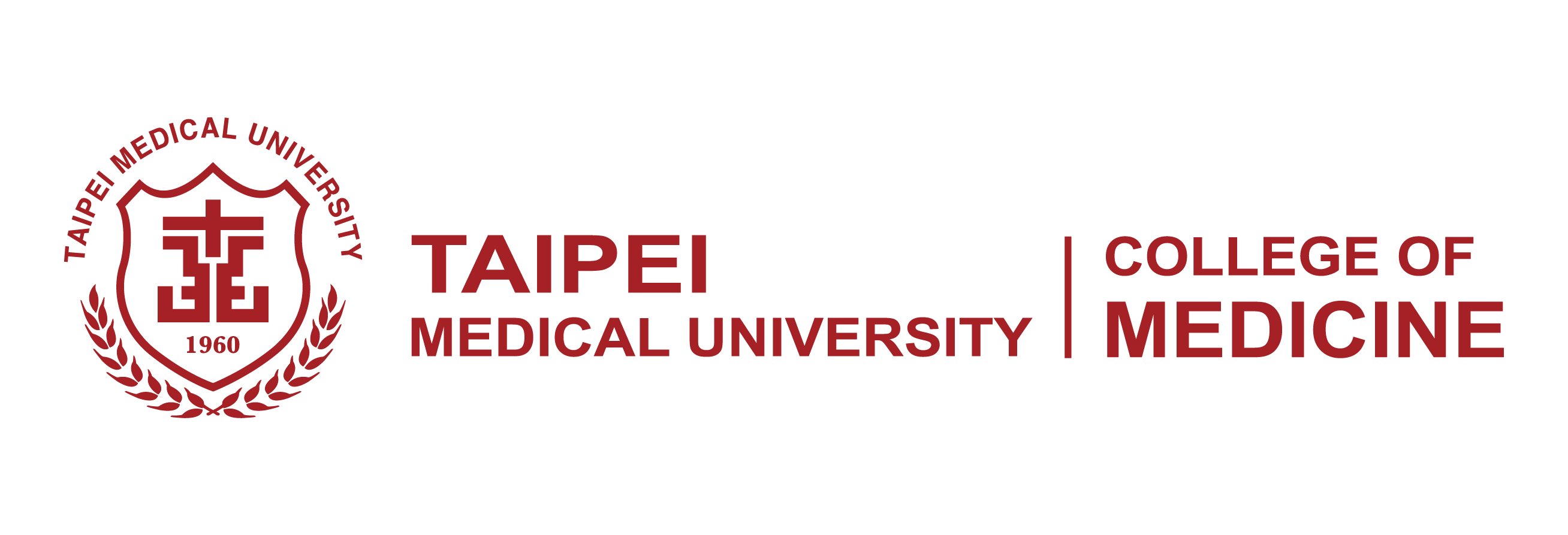Research | Departments
Research
Departments
Research | Departments
Research
Departments
The interests of our lab are mainly focused on the pathogenesis of kidney, liver, and thyroid diseases, especially inflammation-related tissue injury and repairment in animal models. Based on our findings, we aimed to develop potential therapeutic regimens and disease injury markers for the management.

Email | ccheng@tmu.edu.tw
Profile | Academic Hub/Pure Experts
Professor (Ph.D)
Immunopathology, Molecular Pathology
Laboratory of tissue injury and repair
Prof. Cheng received his Ph.D. degree in 2005 from the Graduate Institute of Life Sciences, National Defense Medical Center in Taiwan. After military service, he joined the Liver Research Center at Rhode Island Hospital (Brown University) in 2007 and completed his postdoctoral training in 2009. In the postdoctoral fellowship, he focused on understanding the role of NKT (Gastroenterology, 2009), and NK cells (Journal of Hepatology, 2011) in cholestatic liver injury. Thereafter, Prof. Cheng was employed as an assistant professor in 2010 and became a Full Professor in 2020 at the Graduate Institute of Clinical Medicine, Taipei Medical University.
Ph.D Student
Ph.D Student
Research Assistant
Cheng CW, Fang WF, Tang KT, Lin JD.
The pathogenic role of IFN-α in thyroiditis mouse models.
Life Sci. 2022 Jan 1;288:120172.
Abstract
Aim: Patients with chronic hepatitis C are frequently treated with interferon (IFN)-α. Autoimmune thyroid disease occurs in 20% ~ 40% of IFN-α-treated patients. In this study, the effects of IFN-α administration on triggering and regulating autoimmune thyroiditis in various animal models were evaluated. Main methods: Exogenous IFN-α was given to naive CBA mice, and both thyroglobulin (TG) immunization-induced (CBA) and spontaneous autoimmune thyroiditis (NOD·H-2 h4) models. Thyroid function, and anti-thyroglobulin antibody (ATA) and B-cell-activating factor (BAFF) levels were measured. Alterations in transcriptome profiles were analyzed. Key findings: In the TG-induced thyroiditis model, IFN-α administration reduced plasma free thyroxine levels but did not alter ATA titers, BAFF levels, or the severity of histological changes. Interestingly, even without changes in thyroid functions, four of eight mice in the IFN-α alone group exhibited thyroiditis compared to the control group. Immunologically, mice in the IFN-α group exhibited profound CD3+ cell infiltration in the thyroid and higher plasma BAFF levels compared to the control group. Meanwhile, pathological and serological alterations after IFN-α administration were not observed in the NOD·H-2 h4 model. An RNA sequencing analysis revealed that immunoregulatory signatures were not excited by IFN-α treatment in naive CBA mice. Meanwhile, innate and adaptive immunity, inflammatory cytokine, chemokine, and cell-killing signaling pathways were all stimulated by IFN-α administration after TG immunization of CBA mice. Significance: We confirmed the remarkable effects of IFN-α in both initiating thyroid immunity and modulating thyroid function and immunoregulatory signatures in established autoimmune thyroiditis. We suggest that IFN-α should be administered with caution in clinical settings.
Hu SW, Wang YH, Huang JS, Yang YM, Wu CC, Cheng CW.
The PDE5 inhibitor, vardenafil, ameliorates progressive pathological changes in a focal segmental glomerulosclerosis mouse model.
Life Sci. 2022 Nov 15;309:120992
Abstract
AIMS: Phosphodiesterase 5 inhibitors (PDE5is) inhibit the hydrolysis of cyclic guanosine 5′-monophosphate in smooth muscle cells and are a widely known treatment for erectile dysfunction. Accumulating evidence also suggests that PDE5is exhibit potential benefits in cardiovascular and chronic kidney diseases. In this study, we examined the therapeutic effects of a PDE5i, vardenafil (VAR), in a focal segmental glomerulosclerosis (FSGS) mouse model.
MATERIALS AND METHODS: FSGS was induced in BALB/c mice by the intravenous administration of Adriamycin (AD, 11 mg/kg of body weight). After 24 h, VAR (at 12.5 μg/ml) was given in drinking water ad libitum until the animals were sacrificed. At the end of the experiment, plasma and kidney samples were harvested to evaluate clinical parameters, histopathological changes, and alterations in transcriptome and protein expressions.
KEY FINDINGS: In this study, VAR treatment attenuated the deterioration of proteinuria, renal dysfunction, and hypercholesterolemia in AD-induced FSGS. Treatment with VAR exhibited reductions in the severity of both glomerulosclerosis and tubulointerstitial injury in the histological analysis. In addition to relieving AD-induced podocyte loss, VAR also preserved endothelial cells in glomerular capillaries and ameliorated the accumulation of collagen fibers in the mesangial area and Bowman’s capsule basement membrane. In addition, VAR showed an ability to suppress transforming growth factor-β-induced fibroblast-to-myofibroblast transdifferentiation.
SIGNIFICANCE: Our data suggest that VAR exhibited reno-therapeutic effects via attenuating podocyte loss, preserving the integrity of the glomerular vasculature, and ameliorating fibrotic changes. These findings suggest that PDE5is might be a promising treatment modality for nephrotic syndrome.
Cheng CW, Duwaerts CC, Rooijen Nv, Wintermeyer P, Mott S, Gregory SH.
NK cells suppress experimental cholestatic liver injury by an interleukin-6-mediated, Kupffer cell-dependent mechanism.
J Hepatol. 2011 Apr;54(4):746-52.
Abstract
Natural killer (NK) cells are innate immune effector cells first characterized by their ability to lyse susceptible tumor cells. Recent studies demonstrated their role in initiating and modulating adaptive immunity. NK cells represent a larger percentage of the lymphoid population in liver than other organs suggesting that hepatic NK cells express some unique function. Here, we examined the response of NK cells to liver injury that occurs in a mouse model of biliary obstruction.
Wintermeyer P, Cheng CW, Gehring S, Hoffman BL, Holub M, Brossay L, Gregory SH.
Invariant natural killer T cells suppress the neutrophil inflammatory response in a mouse model of cholestatic liver damage. Gastroenterology.
2009 Mar;136(3):1048-59.
Abstract
Background & Aims: NK1.1+ TCRαβint CD1-restricted T (NKT) cells are a unique subset of T lymphocytes that are believed to have an immunoregulatory role in a wide range of diseases. Most mouse NKT cells express a T-cell receptor that contains an invariant Vα14Jα18 chain and recognizes antigenic glycolipids presented in association with major histocompatibility complex class Ib (CD1d) molecules. These invariant NKT (iNKT) cells have been implicated in cholestatic liver injury. Methods: We examined the role of iNKT cells in liver injury associated with biliary obstruction in mice with ligations of the common bile duct. Results: The number of activated iNKT cells increased markedly in the livers of mice following bile duct ligation. Plasma alanine aminotransferase levels, an indicator of liver injury, were significantly higher in iNKT cell-deficient (Jα18-/-) mice compared with wild-type mice following bile duct ligation. Photo image analysis of histologic sections confirmed that more damage was present in the livers of Jα18-/- mice; liver damage correlated with increases in keratinocyte-derived chemokine (KC) and macrophage inflammatory protein-2 (MIP-2) production as well as neutrophil sequestration. Liver injury was significantly reduced in Jα18-/- mice treated with anti-KC and anti-MIP-2 or rendered neutrophil deficient before bile duct ligation. Similarly, Jα18-/- mice that were injected with iNKT cells before bile duct ligation exhibited significant decreases in neutrophil accumulation and liver damage. Conclusions: These data document the role of iNKT cells in suppressing the neutrophil proinflammatory response and neutrophil-dependent cholestatic liver damage.
Cheng CW, Rifai A, Ka SM, Shui HA, Lin YF, Lee WH, Chen A.
Calcium-binding proteins annexin A2 and S100A6 are sensors of tubular injury and recovery in acute renal failure.
Kidney Int. 2005 Dec;68(6):2694-703.
Abstract
Background. Rise in cellular calcium is associated with acute tubular necrosis, the most common cause of acute renal failure (ARF). The mechanisms that calcium signaling induce in the quiescent tubular cells to proliferate and differentiate during acute tubular necrosis have not been elucidated. Methods. Acute tubular necrosis induced in mice by single intravenous injection of uranyl nitrate and examined after 1, 3, 7, and 14 days. Renal function was monitored and kidneys were evaluated by histology, immunohistochemistry, Western blotting, in situ hybridization, and real-time reverse transcription-polymerase chain reaction (RT-PCR). Models of folk acid induced-ARF and ischemic/reperfusion (I/R) injury were similarly investigated. Results. Analysis of mRNA expression of intracellular calcium and phospholipid-binding proteins demonstrated selective expression of S100A6 and Annexin A2 (Anxa2) in the renal cortex with marked elevation on day 3, and gradually decline on day 7 and further attenuation on day 14. Similarly, the expression of both proteins, as demonstrated by immunohistochemistry and Western blot analysis, was increased and reached the peak level on day 7 and then gradually declined by day 14. Vimentin, a marker of dedifferentiated cells, was highly expressed during the recovery phase. Combined in situ hybridization immunohistochemistry revealed colocalization of both S100A6 and Anxa2 with proliferating cell nuclear antigen (PCNA). The universality of this phenomenon was confirmed in two other mouse acute tubular necrosis models, the ischemic-reperfusion injury and folic acid-induced ARF. Conclusion. Collectively, these findings demonstrate that S100A6 and Anxa2 expression, initiated in response to tubular injury, persist in parallel throughout the recovery process of tubular cells in acute renal failure.







 Total Users : 362557
Total Users : 362557
 Yi-Jen Chen
Yi-Jen Chen 